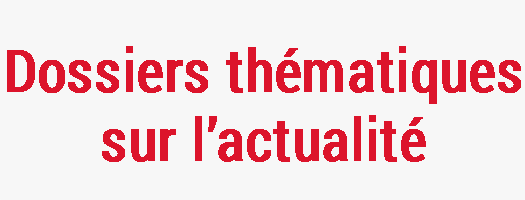Call for Proposals
Jewett Unbound:
Global Perspectives on New England Regionalism
October 18-19, 2024
Université Paris Cité
Paris, France
Conference co-organizers:
Vesna Kuiken (SUNY-Albany) & Cécile Roudeau (LARCA, Université Paris Cité and the National Centre for Scientific Research)
Partners:
Brown University, Maine Women Writers Collection, SUNY-Albany,
LARCA CNRS-UMR 8225, Université Paris Cité
Deadline for proposals: April 15, 2024
Proposals (300 words and a short bio) should be sent to:
Conference fee: 100 EUR
20 EUR for graduate students, independent scholars, and retired faculty
France figures prominently in Jewett’s life and writing: she claimed French (Huguenot) descendance through her paternal grandmother; she knew French well and integrated French language, painting, and literature in her work; she was a frequent visitor to France; she was translated into French by Th. Bentzon (Mme Blanc) and was published in La Revue des Deux Mondes; she maintained contact with the Acadians, or the “Québecois”, of Maine. More particularly to the current moment, the worldwide canonization of Jewett and her enduring importance is perhaps nowhere better epitomized than in her work’s inclusion in France’s prestigious agrégation examinations: in 2021-2023 all French universities were required to teach at least one class on Jewett.
But these two—biographical and strictly academic—are not the only reasons to situate the first ever conference dedicated to Jewett’s work in France. By dislocating Jewett from Maine and New England, to which she is all too often bound, we aim to dislocate the study of American literary regionalism—as well as the concept of “the region” in general—from its narrow territorial framework and emphasize its transatlantic and global dimensions. We find this move to be strategically important on at least two levels: first, by widening Jewett’s territorial scope, we necessarily widen the span of her work’s reception, possibly encouraging the translation of her prose and poetry into other languages, as well as the recognition and translation of other American regionalist authors from Jewett’s period and circle. Secondly, by dislocating the concept of “the region”—via regionalist literature—we aim to rearticulate the relationship between the local and the global to show that no single region can any longer be understood as an isolated unit but rather must be understood as a site where the local and global inextricably meet, alerting us to the new reality of climate change and the wholesale revaluation of all values and concepts that this phenomenon elicits. Unhinging Jewett from New England and transplanting her to another locale opens the way for internationalizing her work and allowing it to mobilize the themes so urgently in front of us in the Anthropocene.
In 2024, “Sarah Orne Jewett Unbound” aims to initiate a new wave of regionalist Jewett scholarship that will both celebrate the thirtieth anniversary of the groundbreaking volume New Essays on The Country of the Pointed Firs and respond to it by offering new critical avenues for a twenty-first century Jewett. To that end, we invite proposals that bring Jewett’s regionalism into conversation with current topics in literary humanities, focused but not limited to:
– Blue Humanities: The Atlantic ocean links Jewett’s Maine seascapes with European and Caribbean spaces, repositioning her regionalism as a truly transcontinental formation concerned with plantation slavery, colonial trade, and the transplantation of invasive biota to imperial spaces.
– Environmentalism and Post-Humanism: Environmental exploitation in Jewett’s work is linked with New England’s logging, shipping, fishing, and whaling industries revealing a rarely explored thematic cluster of her writing’s proto-environmentalism that extends to the urgent questions of the entanglement of human and non-human worlds, and the rearticulation of human identity as trans- and/or post-human.
– Critical Race and Indigenous Studies: Recent scholarship has uncovered Jewett’s interest in deep time geology and indigenous cultures which links Jewett regionalist temporality with pre-contact eras and reveals its neglected focus on the violence against, and dispossession of, native civilizations.
– LGBTQ and Post-Gender Concerns: Jewett’s “Boston marriage” with Annie Field was the topic of the first two scholarly waves but its link with other gender and sexual identities, as well as with the concerns of queer intimacies not restricted to heteronormative practices, has not been sufficiently explored.
– The Future of the Jewett Archive: While Jewett’s work is immense, critics, students, and teachers tend to focus on a handful of them. The conference will seek to explore Jewett’s rarely considered and unpublished stories, poetry, and vast correspondence, as well as the ways in which these texts will be transcribed, digitized, and archived.
The conference will be the inaugurating event for the institution of the first Sarah Orne Jewett Society, the most reliable avenue to preserve an author’s legacy. It will feature a show-case and Q&A session with the Maine Women Writers Collection about the practical dimensions of archival work as well as the future of regionalist research.


